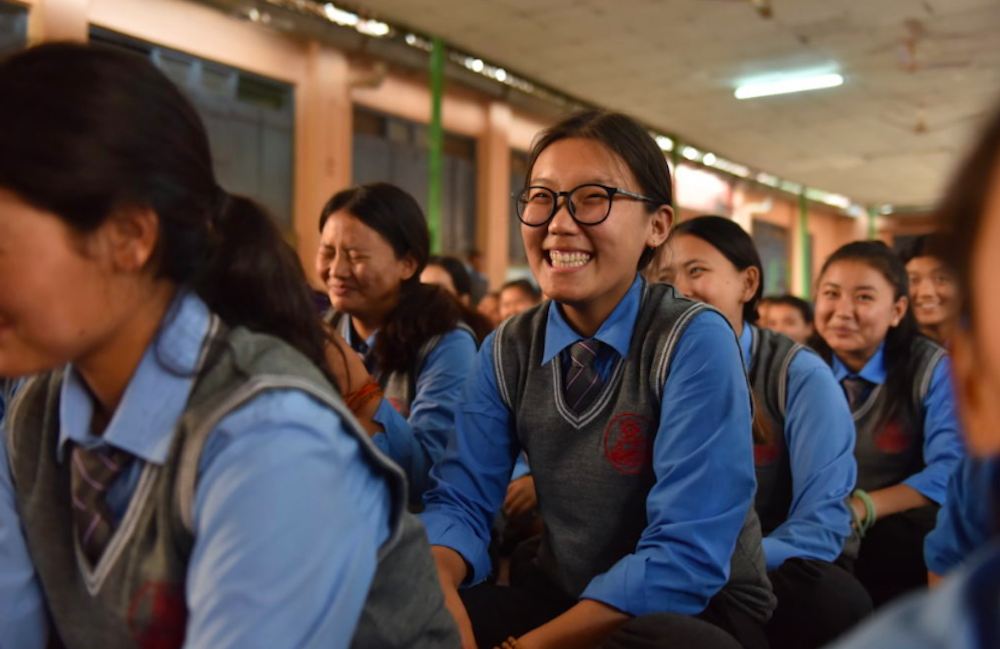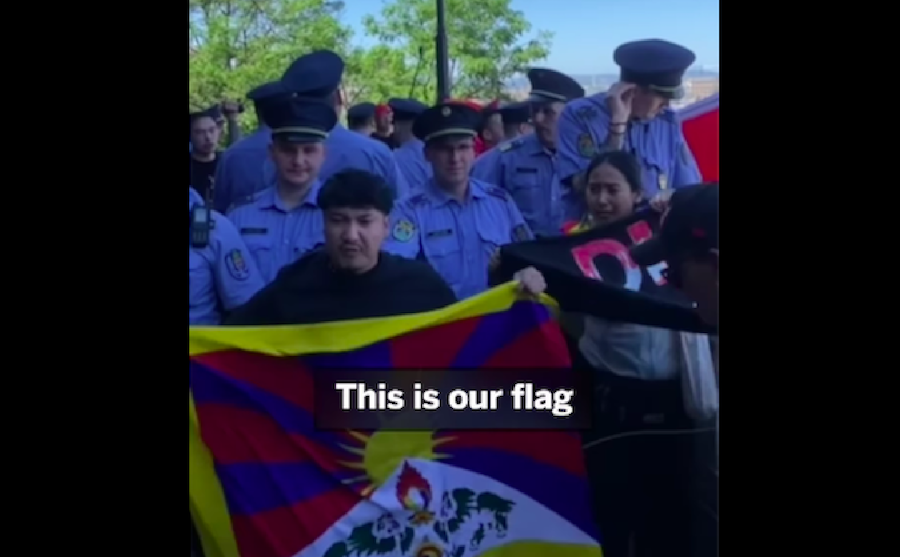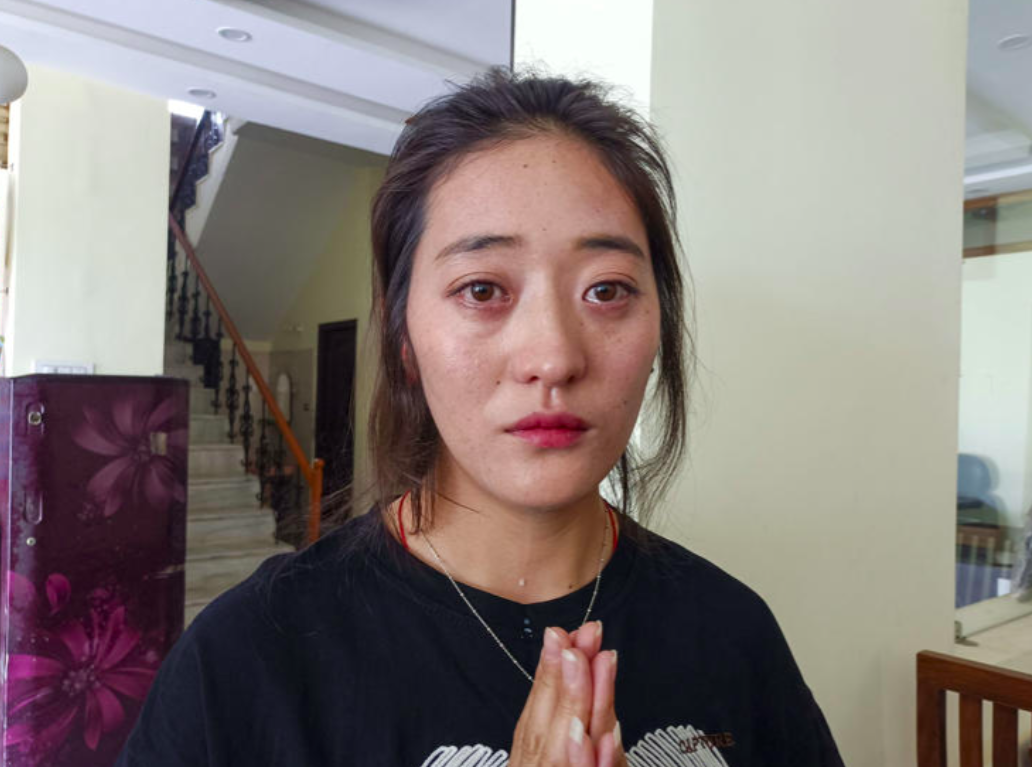GUWAHATI, India, April 28 – The changing of the guard in Beijing has brought no change at all in the repressive tactics used by China against Tibetans, Tibet’s exiled spiritual leader the Dalai Lama said Monday.
“I dont think there is going to be any change in Beijings Tibet policy even with the recent handover of power to newly-appointed Chinese President Hu Jintao,” the Dalai Lama told journalists in Guwahati, capital of Indias northeastern state of Assam.
“China continues to adopt a very rigid and repressive policy towards Tibetans living inside Tibet, which is indeed harmful for the countrys stability and progress.”
The 68-year-old Buddhist leader, however, said contacts between exiled Tibetans and Beijing have been established to resolve the issue of granting self-rule in Tibet.
“A Tibetan delegation visited Beijing in September. It was no doubt a good start but then the issue is too complex to be sorted out so quickly,” the Dalai Lama said.
“We are not fighting for independence but want a genuine self-rule and more autonomy for the Tibetans.”
Tibet has made some progress in terms of development in recent years, the Dalai Lama noted, with no reports of the crippling starvation that has plagued the region in the past.
“Economically, Tibet has prospered but politically our people there are still reeling under Chinese government oppression,” the Dalai Lama said.
“Many innocent people in Tibet are still suffering due to lack of trust between the two sides.”
The spiritual leader, who fled Tibet after an abortive uprising in 1959, reiterated how keen he was to return for a visit.
“I have expressed my desire to visit Tibet since 1983 but then the Chinese government is not allowing me,” he said.
“Now there is a change in Chinese government posturing, with talks of democracy being heard. Maybe China is slowly moving towards a democratic government.”
The Dalai Lama stopped here briefly on his way to Tawang in Arunachal Pradesh, which borders Chinas Tibet region.
About 20,000 Tibetan Buddhist exiles are settled in the fareastern Indian region comprising seven states.
Since fleeing Tibet, the Dalai Lama has established a government-in-exile in the northern Indian town of Dharamsala.
China, which has occupied Tibet since 1951, has been accused of trying to wipe out its Buddhist-based culture through political and religious repression and a flood of ethnic Chinese immigration.









